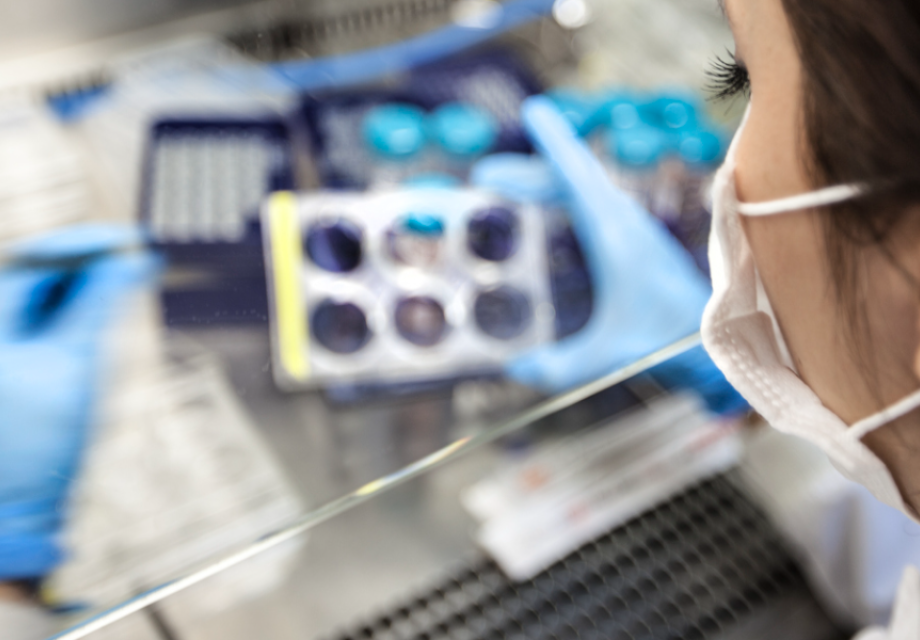HIV vaccine trial abandoned
Hester Philips
08 February 2023
The Mosaico HIV vaccine trial has been stopped because some people who were given the vaccine still got HIV. Where does HIV vaccine research go from here?
Mosaico, an HIV vaccine trial run by Janssen Pharmaceuticals, part of Johnson & Johnson has been stopped due to disappointing results.
Mosaico had reached Phase 3 (the final phase of a clinical trial); it was the only recent study to have got this far. But the trial was stopped after data showed that people were still getting HIV after having the vaccine.
Why is this important?
There have been many scientific advances on HIV in recent years. People can now take a daily PrEP pill to protect themselves from HIV, and monthly PrEP injections and vaginal rings are becoming available. HIV treatment has also improved, and more people with HIV are now virally suppressed (or undectable) which means they cannot pass HIV on.
But having an HIV vaccine would be a game changer. This is because a vaccine protects people from a virus by making their immune system produce antibodies. These antibodies then destroy the virus if it enters the body. This is different from PrEP, which prevents someone from getting HIV by building up a level of drug protection in their body. But once people stop taking PrEP (or if they don’t take it regularly), these levels drop and they are no longer protected. PrEP is also expensive and can be hard to get in low- and middle-income countries.
In contrast, developing a low-cost, long-lasting HIV vaccine that could be given to people on mass would take HIV prevention to a whole new level.
What happened in the vaccine trial?
Around 3,900 gay and bisexual men and trans women took part in Mosaico. They were selected as they were at high risk of getting HIV. The study took place in Argentina, Brazil, Italy, Mexico, Peru, Poland, Puerto Rico, Spain and the United States.
Participants were either given the trial HIV vaccine or an injection containing a non-harmful substance as a placebo. Data showed that people who were given the vaccine were still getting HIV at a similar rate as people in the other group.
The vaccine did not cause any harmful side effects. Anyone who got HIV during the trial was started on treatment.
What does this mean for HIV services?
Researchers have been trying to develop an HIV vaccine for years, and these results show that this goal is not yet within reach. Imbokodo, another recent HIV vaccine trial involving young women in sub-Saharan Africa, which got to Phase 2, reported similar results. Other small-scale trials are happening but are in early stages.
But there is still reason for hope. Trials are getting to later stages, and each one will contribute knowledge and learning that could one day lead to an HIV vaccine. You can read more about why it is difficult to develop on our HIV vaccines page.
In the meantime, it is essential to ensure that people who are at high risk of HIV have access to HIV prevention services and are supported with the information they need to look after their health. This means access and information on condoms and lubricant, but also PrEP pills, PrEP rings and PrEP injections if they are available. It is also important to encourage people to regularly test for HIV, and to ensure that people who are diagnosed with HIV get treatment as well as support to stay on it.
Get our news and blogs by email
Keep up-to-date with all our latest news stories and blogs by signing up to the Be in the KNOW news digest.
